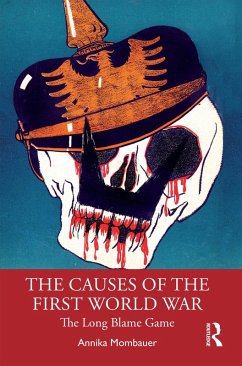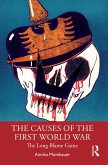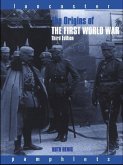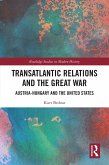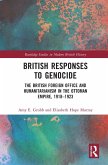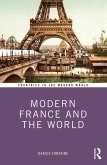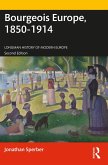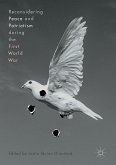Dieser Download kann aus rechtlichen Gründen nur mit Rechnungsadresse in A, B, BG, CY, CZ, D, DK, EW, E, FIN, F, GR, HR, H, IRL, I, LT, L, LR, M, NL, PL, P, R, S, SLO, SK ausgeliefert werden.
Margaret MacMillan, University of Oxford, UK
'The war that began in August 1914 is unusual in that, as the first shots were fired, so also began a debate about its causes that has lasted to this day. It has been a long and, more frequently still, a highly charged debate. In this the First World War is quite unlike any other conflict in modern times, perhaps even in all human history. From the beginning the controversy surrounding its outbreak became enmeshed with question of guilt. Later it was rekindled by conflicting interpretations of Germany's development in the twentieth century. More profoundly still, it touches on the essence of the human condition - what role does contingency play and what 'lessons', if any, can be learnt from past experience ... Annika Mombauer offers a surefooted guide through the minefield of conflicting political and scholarly arguments. The reader could not be in better, safer (and saner) hands.'
T.G. Otte, University of East Anglia, UK
'Professor Annika Mombauer meticulously and intelligently reconstructs the often highly politicised debate on the origins of the First World War from its beginnings to the present day. In an age when historians tend to look sideways towards their peers, or forwards into the future, she reminds us in vivid terms why the study of historiography - in other words, of what previous generations of scholars contributed to narrative style, empirical knowledge, and new interpretations - is so important for understanding where we are at today.'
Matthew Stibbe, Sheffield Hallam University, UK

